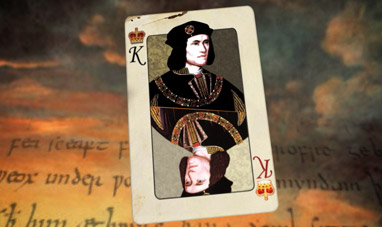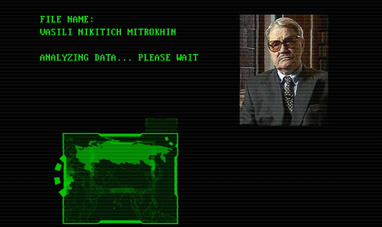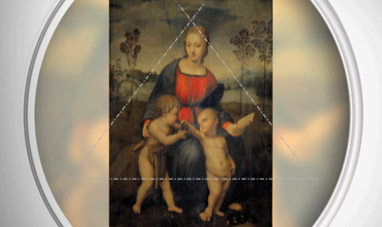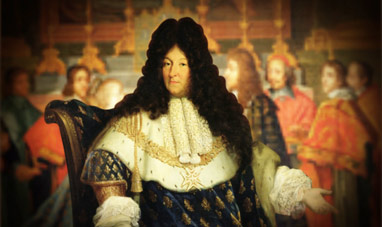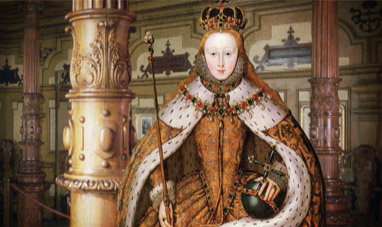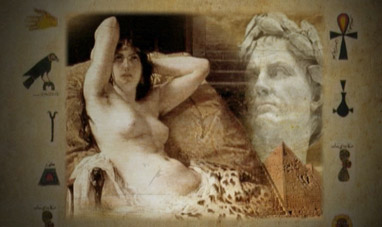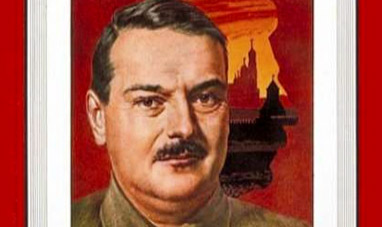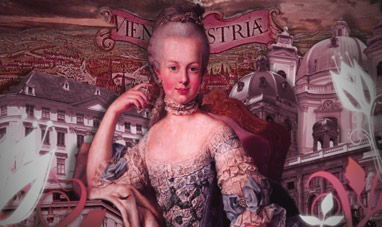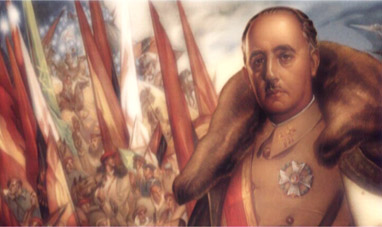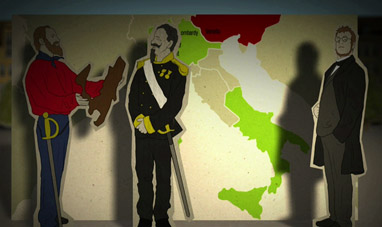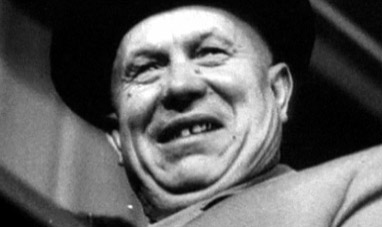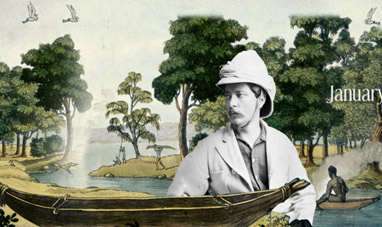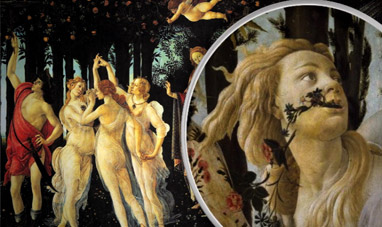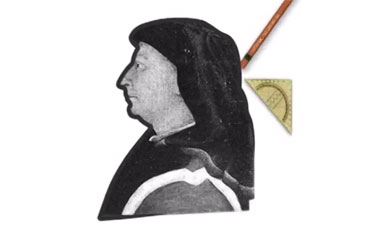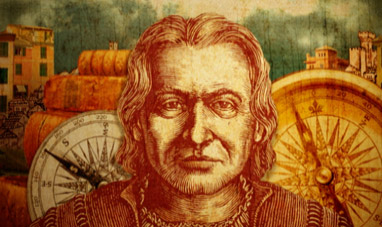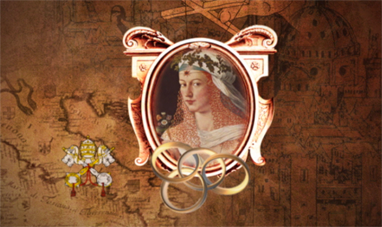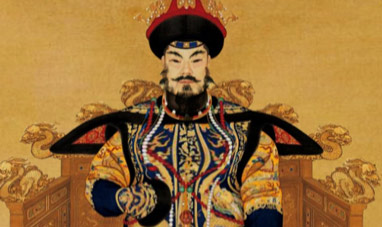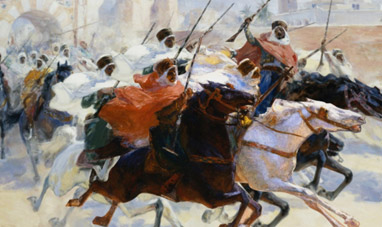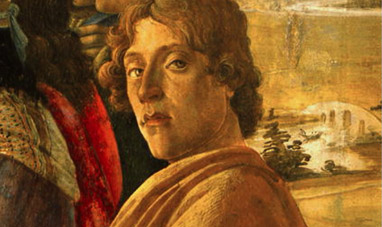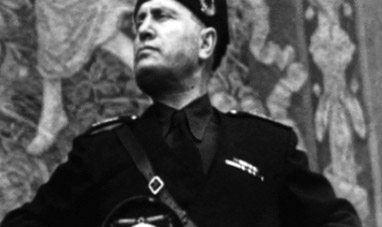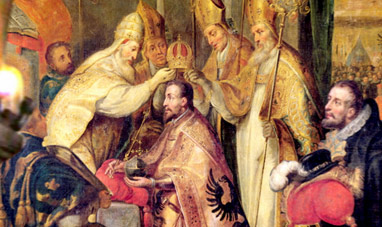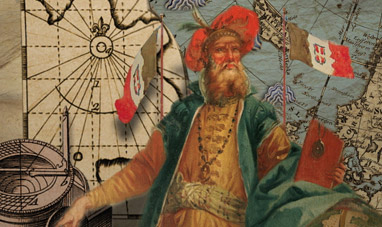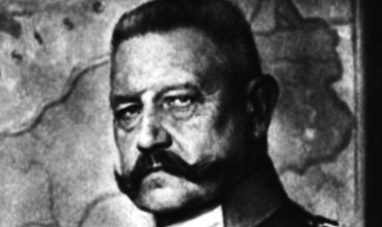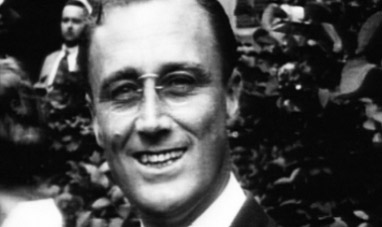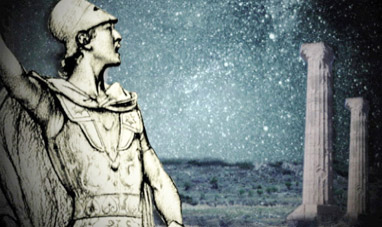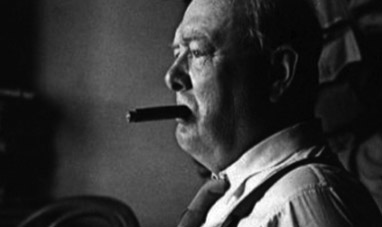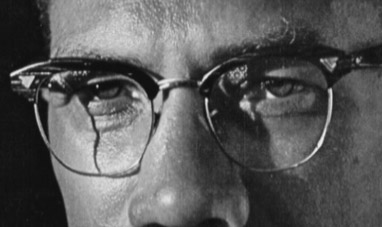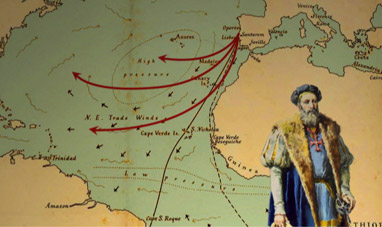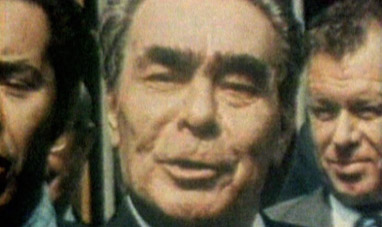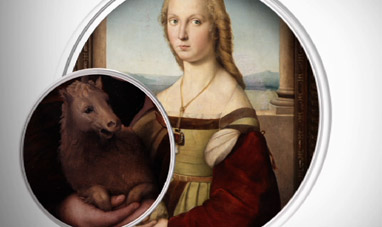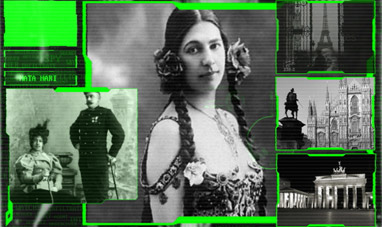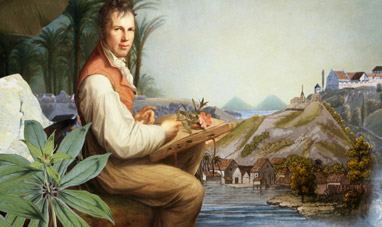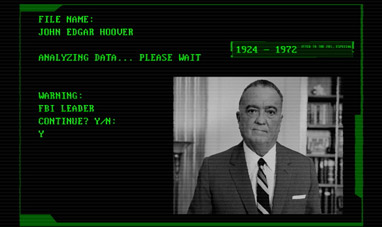Lorenzo de’ Medici – known as the Magnificent – ruled Florence during the second half of the fifteenth century. A politician of exceptional ability, he was also an intellectual and a patron of the arts. De Medici was born in Florence on January 1, 1449, the son of Piero di Cosimo and Lucrezia Tornabuoni. The de Medicis were a wealthy family of merchants and bankers who effectively governed the city, although they held no official office. Lorenzo received an excellent education in the humanities and started writing poems and novellas as a youth. He would be passionate about literature throughout his life, and would later write books on philosophy and theology. He also helped his father in public matters. He was sent on diplomatic missions to important Italian cities while still an adolescent.
When Lorenzo turned 20, he married Roman noblewoman Clarice Orsini, and the de’ Medicis become part of the Italian aristocracy. A few months later his father died: Lorenzo and his younger brother Giuliano took his place as leaders of both the family and Florence. Lorenzo de Medici began governing, concentrating on the balance of powers within Florence. By skillfully maintaining political relations, he secured the support of the most influential Florentine families. He then reduced institutional power, consolidating his control over the city.
The situation remained stable until the Pazzi conspiracy. The Pazzis were the de’ Medicis’ business rivals, and they organized an assassination attempt on Lorenzo and Giuliano with the help of the neighboring Papal State, which was worried about Florence’s increasing strength. The assault took place during mass in the Cathedral of Florence: Lorenzo escaped, but Giuliano was killed. Lorenzo’s reaction was merciless: all the conspirers were arrested and executed, including the archbishop of Pisa.
Pope Sixtus IV reacted by excommunicating Lorenzo and declaring war against Florence. King Ferdinand I of Naples supported him. Lorenzo de’ Medici’s resolution of the crisis was a political masterpiece. He persuaded Ferdinand to break his alliance with the Papal State and side with Florence, isolating the Pope and forcing him to retreat. The Florentines welcomed Lorenzo’s victory as a triumph. Over subsequent years he struck numerous alliances with other Italian rulers, occupying a decisive role in the political life of the country. Lorenzo’s court became an incredibly lively cultural center, attracting the most important artists, writers and philosophers of his time, including Michelangelo and Pico della Mirandola. Florence was now the capital of the Renaissance. On April 8, 1492, Lorenzo de Medici died in his villa outside Florence. He was 43. Thanks to his political talents and support for culture and the arts, Lorenzo de Medici was the quintessential enlightened Renaissance prince.
When Lorenzo turned 20, he married Roman noblewoman Clarice Orsini, and the de’ Medicis become part of the Italian aristocracy. A few months later his father died: Lorenzo and his younger brother Giuliano took his place as leaders of both the family and Florence. Lorenzo de Medici began governing, concentrating on the balance of powers within Florence. By skillfully maintaining political relations, he secured the support of the most influential Florentine families. He then reduced institutional power, consolidating his control over the city.
The situation remained stable until the Pazzi conspiracy. The Pazzis were the de’ Medicis’ business rivals, and they organized an assassination attempt on Lorenzo and Giuliano with the help of the neighboring Papal State, which was worried about Florence’s increasing strength. The assault took place during mass in the Cathedral of Florence: Lorenzo escaped, but Giuliano was killed. Lorenzo’s reaction was merciless: all the conspirers were arrested and executed, including the archbishop of Pisa.
Pope Sixtus IV reacted by excommunicating Lorenzo and declaring war against Florence. King Ferdinand I of Naples supported him. Lorenzo de’ Medici’s resolution of the crisis was a political masterpiece. He persuaded Ferdinand to break his alliance with the Papal State and side with Florence, isolating the Pope and forcing him to retreat. The Florentines welcomed Lorenzo’s victory as a triumph. Over subsequent years he struck numerous alliances with other Italian rulers, occupying a decisive role in the political life of the country. Lorenzo’s court became an incredibly lively cultural center, attracting the most important artists, writers and philosophers of his time, including Michelangelo and Pico della Mirandola. Florence was now the capital of the Renaissance. On April 8, 1492, Lorenzo de Medici died in his villa outside Florence. He was 43. Thanks to his political talents and support for culture and the arts, Lorenzo de Medici was the quintessential enlightened Renaissance prince.

